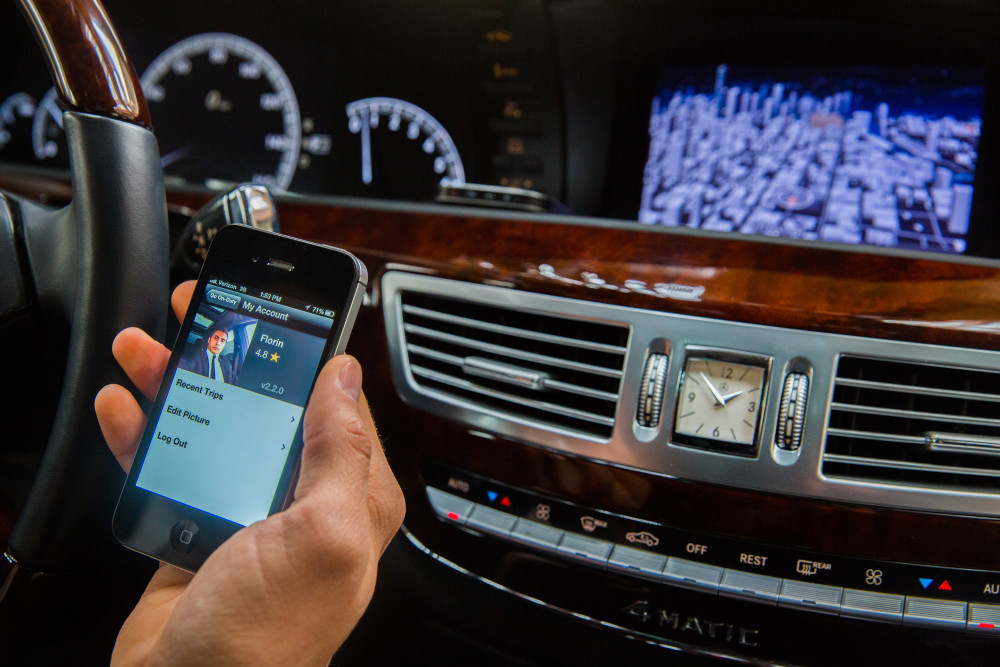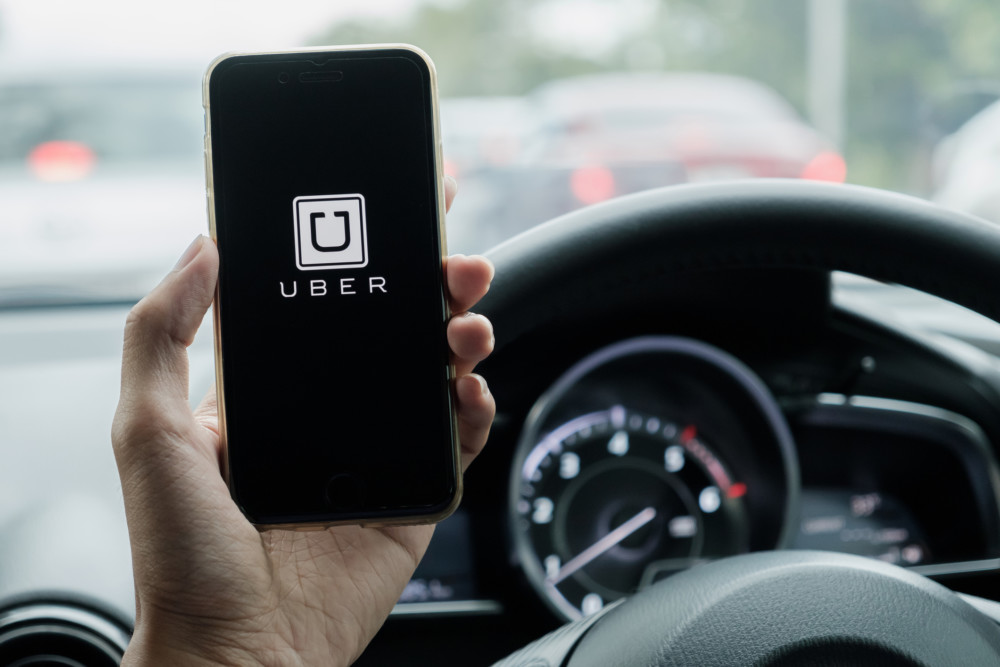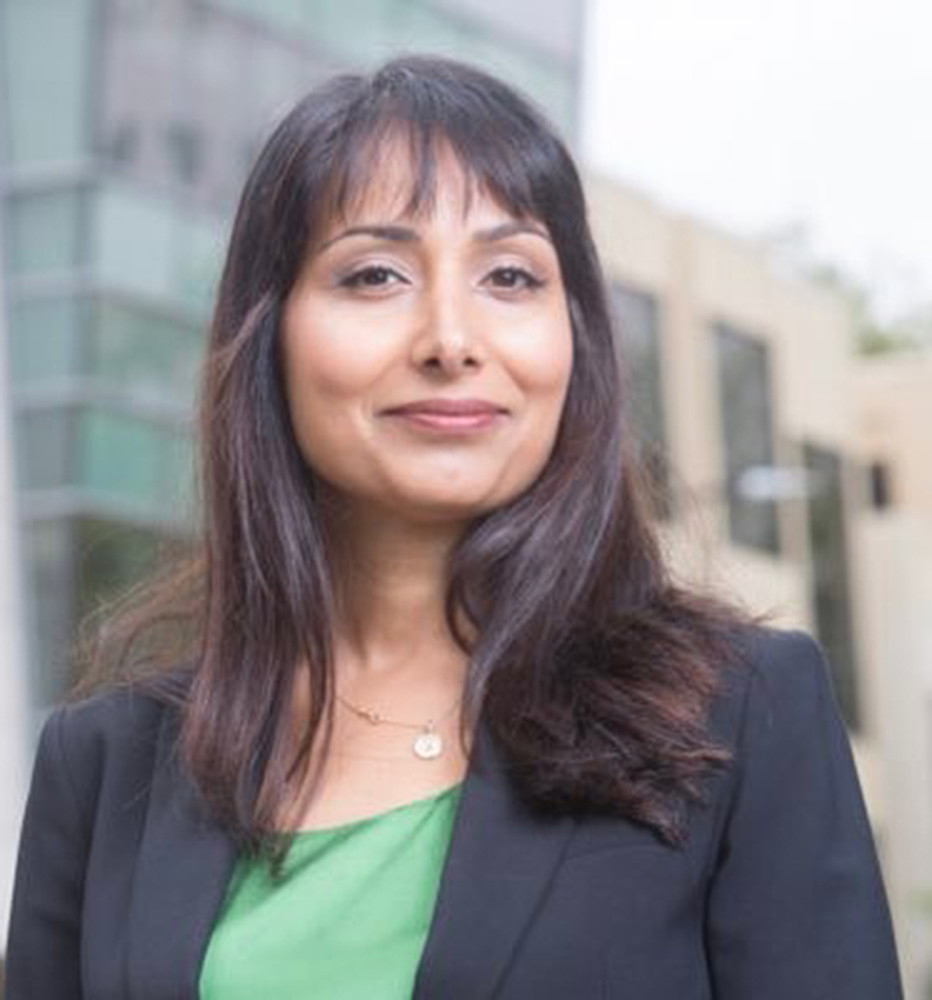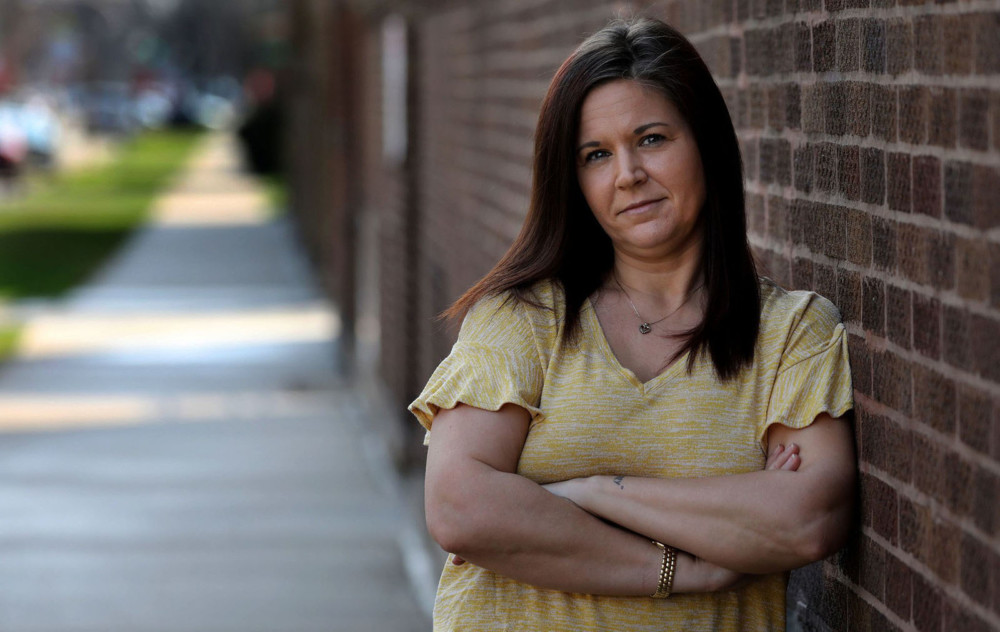EDITORIAL
Sun Sentinel.
It just got a lot tougher to be an Uber driver in South Florida.
The Broward County Commission passed a sweeping ordinance Tuesday that tightens regulatory screws on Uber and other competitors using cellphone apps to connect drivers with riders.
If you want to earn extra cash driving for Uber, Lyft or any other so-called “transportation network company,” get ready to:
Pull out your wallet to buy commercial liability insurance, something that can cost thousands of dollars more than your personal insurance.
Provide your fingerprints to Big Brother.
Register and pay a fee for a county chauffeur’s license.
Get a 19-point certified inspection of your car.
Some of these requirements make sense. After all, commuters want to know their Uber driver is not a murderer, that the car is safe and that there’s insurance in case of an accident.
However, requiring part-time drivers to follow state taxis laws and carry 24-hour commercial liability insurance goes too far and stands to hinder a new transportation option that’s been quickly embraced by the public.
Before Tuesday’s vote, Uber representatives reminded commissioners that their company provides commercial insurance for drivers while on duty, but not when they’re using their cars for personal use, which makes sense. Government has no business telling drivers what type of insurance they must carry when off-duty. By making part-time Uber drivers follow the requirements for full-time taxi cabs, commissioners played into the hands of insurance companies that want a bigger piece of the Uber pie.
Uber also objected to more-stringent background checks for drivers, a less persuasive argument. Yes, a “Level II” FBI-based background check will cost more and take longer, but the extra level of scrutiny will help ensure public safety. Company representatives are probably right that fewer drivers will submit to the more-invasive checks. They also contend that the company’s background checks meet the highest industry standards. But if that’s so, the county’s requirement shouldn’t be such a stretch.
Also, Uber drivers now must obtain a two-year chauffeur’s license — which cost taxi drivers. Until they pass background checks, they will be given a temporary license. So the county met the company more than halfway there.
Still, those who believe government regulations can squelch entrepreneurship have a legitimate argument. The company has done background checks on its drivers, and allows customers to flag those whose cars fail to meet expectations. To keep making money, drivers have known they must measure up.
Whether you are a part-time driver supplementing your regular income to make ends meet; a consumer who favors the cheaper fares, convenience and reliability of Uber; or someone who believes government should get out of the way of free enterprise, you have reason to gripe.
But after months of passionate testimony and debate, Broward commissioners this week drew a line in the sand.
Truth be told, despite having a good story to tell, Uber won no friends in how it went about its entry into our market. It began operating without any permission, and kept operating after being notified that it was violating local ordinances. Even after being given a cease-and-desist order, the company didn’t blink. It simply paid the fines, kept driving and threatened to leave if regulated inappropriately. It also sent letters to local residents condemning Broward commissioners and mobilized a 26,000-signature online petition this week after putting a billboard on a truck and driving it around town before Tuesday’s meeting.
When it comes to government relations, Uber could write the chapter on how not to win friends and influence people.
Still, the public’s response shows that many people love Uber’s service. The company has revolutionized an industry that too often left people at the mercy of surly drivers, dirty cars and long wait times.
Uber has built a $40 billion business model in a few short years, one that gives independent entrepreneurs the opportunity to work as much — or as little — as they want. The company employs about two thousand drivers in Broward County alone.
State lawmakers this year tried to address the challenge that communities face in regulating transportation network companies, but the bill was among those that died when the Florida House unceremoniously ended its work on Tuesday.
Still, this fight isn’t over. Look for Uber to continue to fight local regulations in Tallahassee next year, and for the powerful insurance lobby to fight equally hard to keep a new commercial revenue stream.
In the meantime, we may see fewer Uber drivers sign up. Or the company may follow through on its threat to leave town. Or as it has in the past, Uber may continue to flout the law, the worst response of all.
Broward has upped the ante, a bit too high in our opinion.
The next move is Uber’s.

















































































































































































































































































































































































